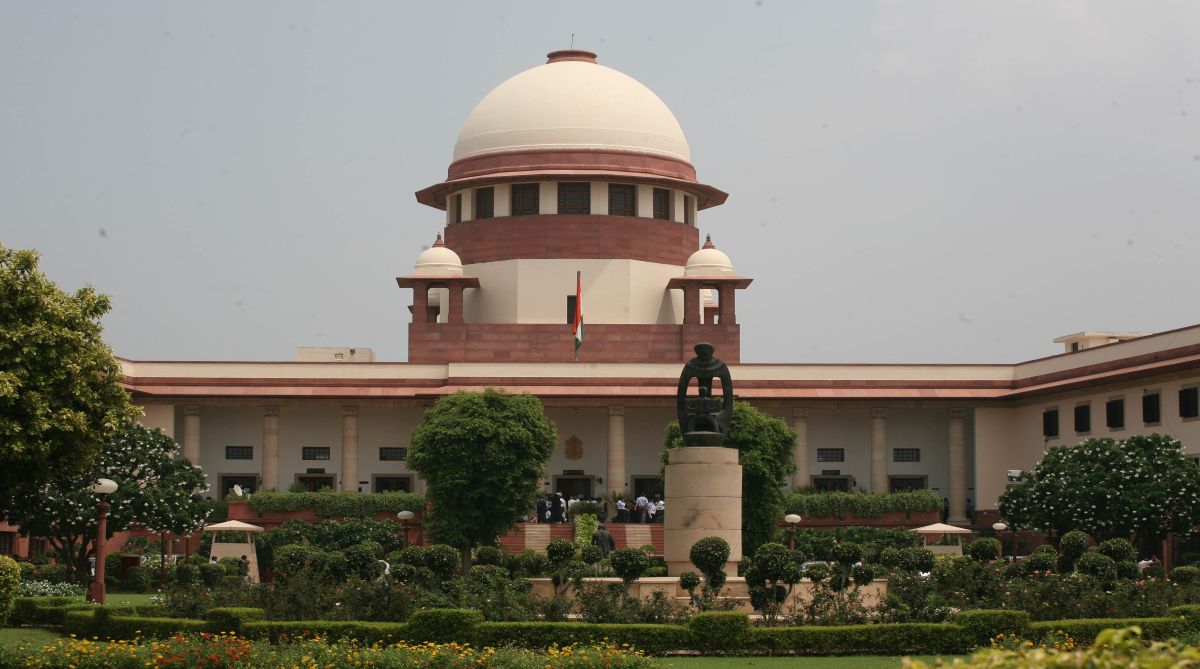The Supreme Court on Monday fixed the Ram Janmabhoomi-Babri Masjid land dispute cases for the first week of January next year before an appropriate bench, which will decide the schedule of hearing.
A three-judge bench, headed by Chief Justice Ranjan Gogoi, said the appropriate bench will decide the future course of hearing in January next year on the appeals filed against the Allahabad High Court verdict in the Ayodhya land dispute case.
Advertisement
“We will fix the date of hearing of the Ayodhya dispute case before the appropriate bench in January,” the bench, which also comprised Justices S K Kaul and K M Joseph, said.
The Supreme Court in a 2:1 verdict last month, declined to refer to a five-judge Constitution bench the issue of reconsideration of the observations in its 1994 judgement that a mosque was not integral to Islam that arose during the hearing of Ayodhya land dispute.
Read | Won’t review 1994 verdict that said mosque isn’t integral to Islam: SC
An apex court bench headed by then Chief Justice Dipak Misra said the civil suit has to be decided on the basis of evidence, adding that the previous verdict has no relevance to this issue.
The bench had fixed the batch of appeals for final hearing today to decide the suit on merit.
As many as 14 appeals have been filed against the high court judgement, delivered in four civil suits, that the 2.77 acres of land be partitioned equally among three parties — the Sunni Waqf Board, the Nirmohi Akhara and Ram Lalla.
M Siddiq, one of the original litigants of the Ayodhya case who has died and is being represented through his legal heir, had assailed certain findings of the 1994 verdict in the case of M Ismail Faruqui holding that a mosque was not integral to the prayers offered by the followers of Islam.
It was argued by the Muslim groups before a special bench of Chief Justice Dipak Misra and Justices Ashok Bhushan and S A Nazeer that the “sweeping” observation of the apex court in the verdict needed to be reconsidered by a five-judge bench as “it had and will have a bearing” on the Babri Masjid-Ram Temple land dispute case.
Earlier, Hindu groups had opposed the plea of their Muslim counterparts that the 1994 verdict holding that a mosque was not integral to the prayers offered by the followers of Islam be referred to a larger bench.
The observations were made in the land acquisition matter pertaining to the Ayodhya site and the apex court had to consider two aspects as to whether a mosque could be acquired at all and whether a religious place of worship like a mosque, church or temple was immune from acquisition if it was a place of special significance for that religion and formed its essential and integral part.
A three-judge bench of the Allahabad High Court, in a 2:1 majority ruling, had in 2010 ordered that the land be partitioned equally among three parties — the Sunni Waqf Board, the Nirmohi Akhara and Ram Lalla.
(With agency inputs)
